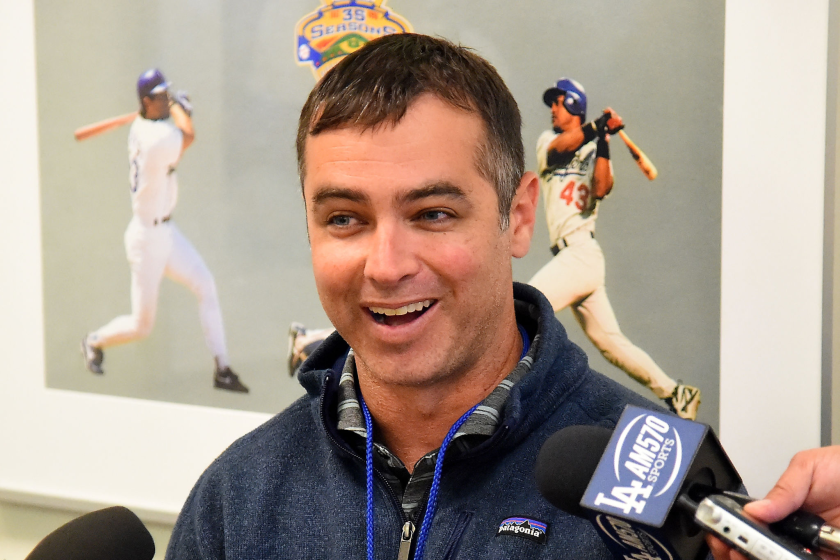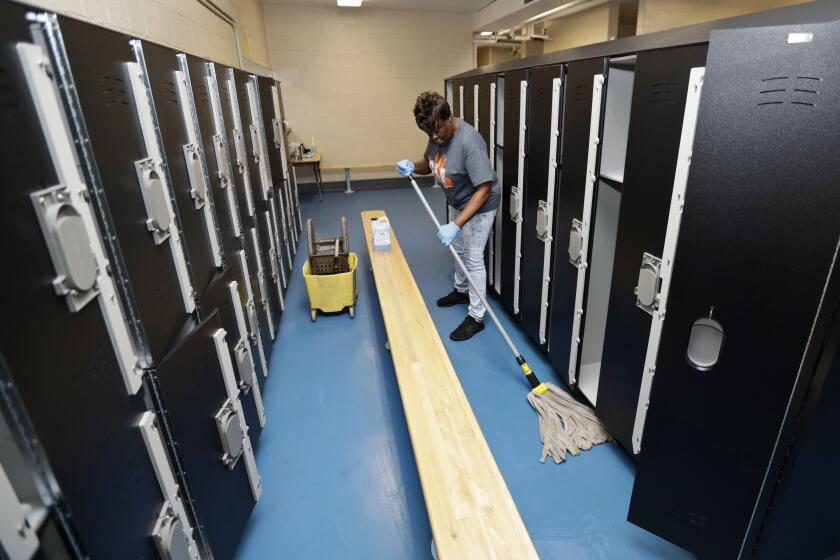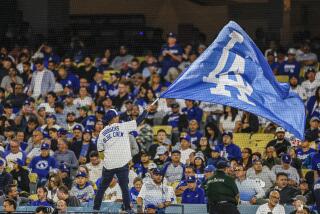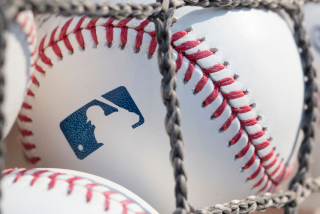New MLB proposal still doesn’t include full prorated salaries for players
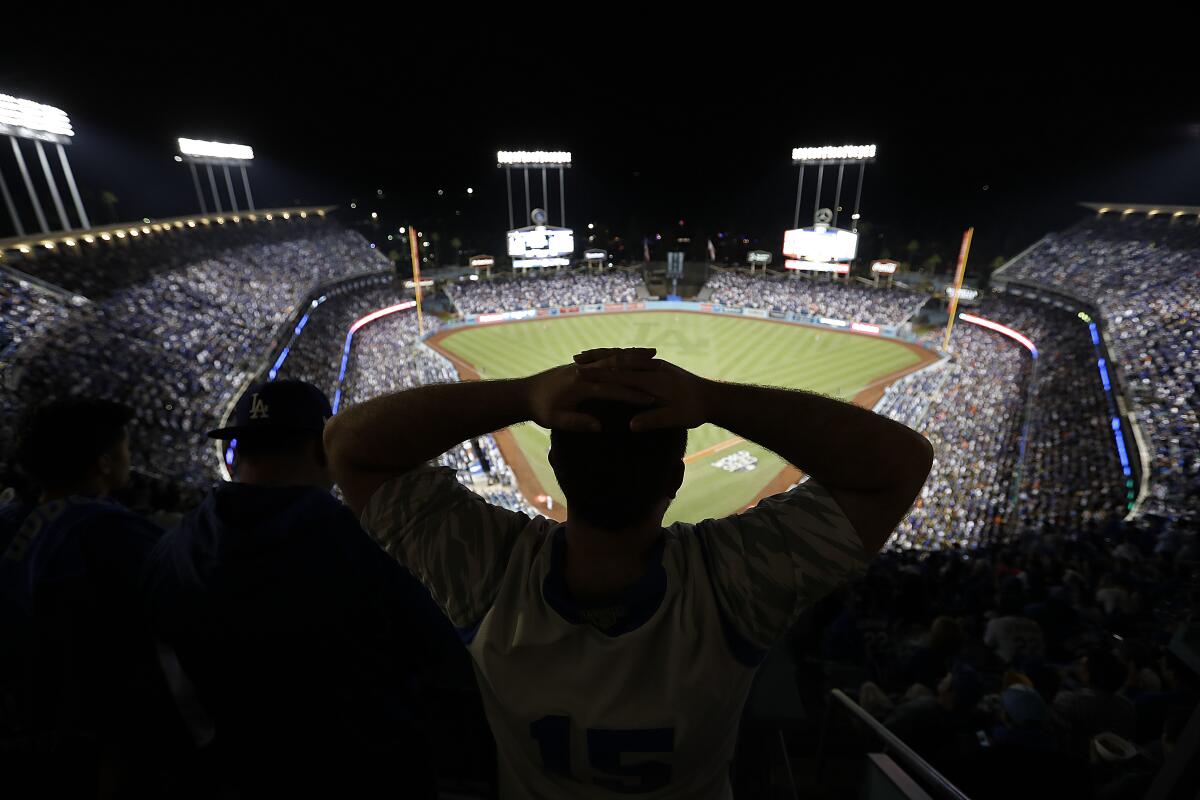
Andrew McCutchen is one of baseball’s finest ambassadors, a five-time All-Star and former most valuable player. In an era when some stars shrug off marketing requests, McCutchen proudly played for the United States in the 2017 World Baseball Classic.
On Friday, McCutchen posted a video on social media, comparing baseball’s tedious negotiations to resume play to toilet training.
That is the state of discussions two days after owners and players had hoped to resume spring training, with the owners submitting an offer they all but know the players will reject, in the slim chance the players would retreat on the one position on which they have held firm.
The overwhelming negative reaction from players on social media to the offer — “it expired as soon as they hit send,” Pittsburgh Pirates pitcher Trevor Williams tweeted — increased the likelihood the two sides will reach an impasse and commissioner Rob Manfred will exercise his authority to impose a season of whatever length he chooses. The season would then proceed, and the union likely would file a grievance, in which both players and owners would argue that the other side failed to negotiate in good faith.
With a signing-bonus cap of $20,000 and likely no minor league season, MLB teams and undrafted free agents don’t have much incentive to strike deals.
On Friday, the owners offered a 72-game season, starting July 14, offering to guarantee players 70% of their prorated salaries and add as much as 13% if the postseason is completed. The players have refused to consider less than the full prorated salaries they believe are promised under a March 26 agreement.
That agreement also provides owners with the right to determine the length of season. On Friday, the league office told the union that players would make more under this 72-game proposal than they would if the league imposed a 48-game season with full prorated salaries. The league asked the players to respond by Sunday and suggested the calendar would dictate a shorter season in any subsequent offer.
In speaking on national television Wednesday, Manfred said the owners would make “a significant move in the players’ direction” in the hope that players would “get off the 100% salary demand.”
The union does not consider this a significant move, with the owners reducing the number of games from 76 in their Monday proposal to 72 in their Friday proposal. Under the latest proposal, the owners would guarantee the players $1.27 billion, with a total of $1.5 billion if the postseason is completed.
Full prorated salaries for 48 games would amount to $1.21 billion.
Sweaty bodies, clothes in confined space make sports locker rooms ‘a giant Petri dish’ for the coronavirus.
The owners’ proposals — for 82, 76 and 72 games, in order of the offers — all have guaranteed the players from $1 billion to $1.5 billion. In his video, McCutchen compared those proposals to water being offered in a cup or a bottle or a coffee mug. He compared full prorated salaries to juice.
“I know we agreed on juice,” McCutchen voiced in caricature of the owners, “but what about water?”
The players proposed 114 games at $2.9 billion, then 89 games at $2.2 billion. The owners have declined to consider either proposal, in part because both extend the postseason into November. The league says that would increase the chances of an interrupted season because of a potential second wave of the coronavirus, and because MLB’s television partners — the ones that would provide $787 million in postseason broadcast revenue — want the postseason completed in October.
Owners have expressed befuddlement over why players might choose prorated salaries in a shorter season over greater total money in a longer season. For one reason, given the possibility that 2021 games might be played in stadiums with reduced capacity, players are wary that the owners might leverage a 2020 salary discount to argue for another discount related to gate revenue.
More to Read
Go beyond the scoreboard
Get the latest on L.A.'s teams in the daily Sports Report newsletter.
You may occasionally receive promotional content from the Los Angeles Times.

